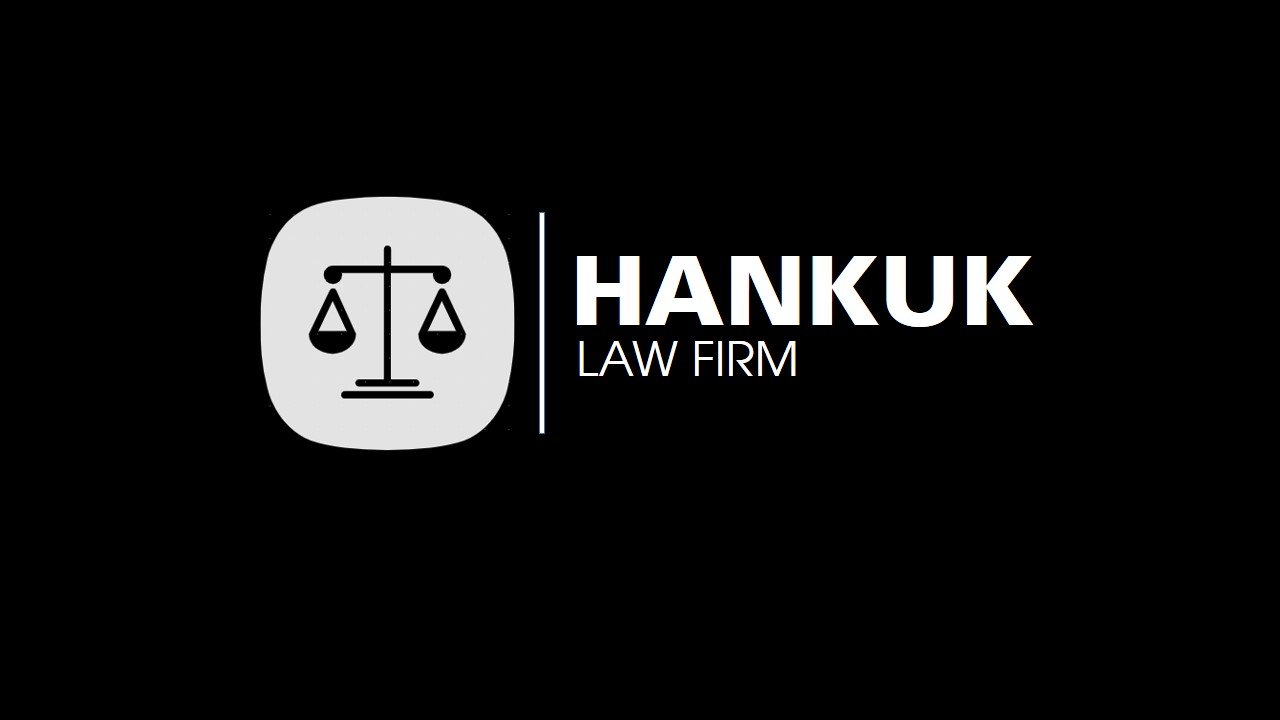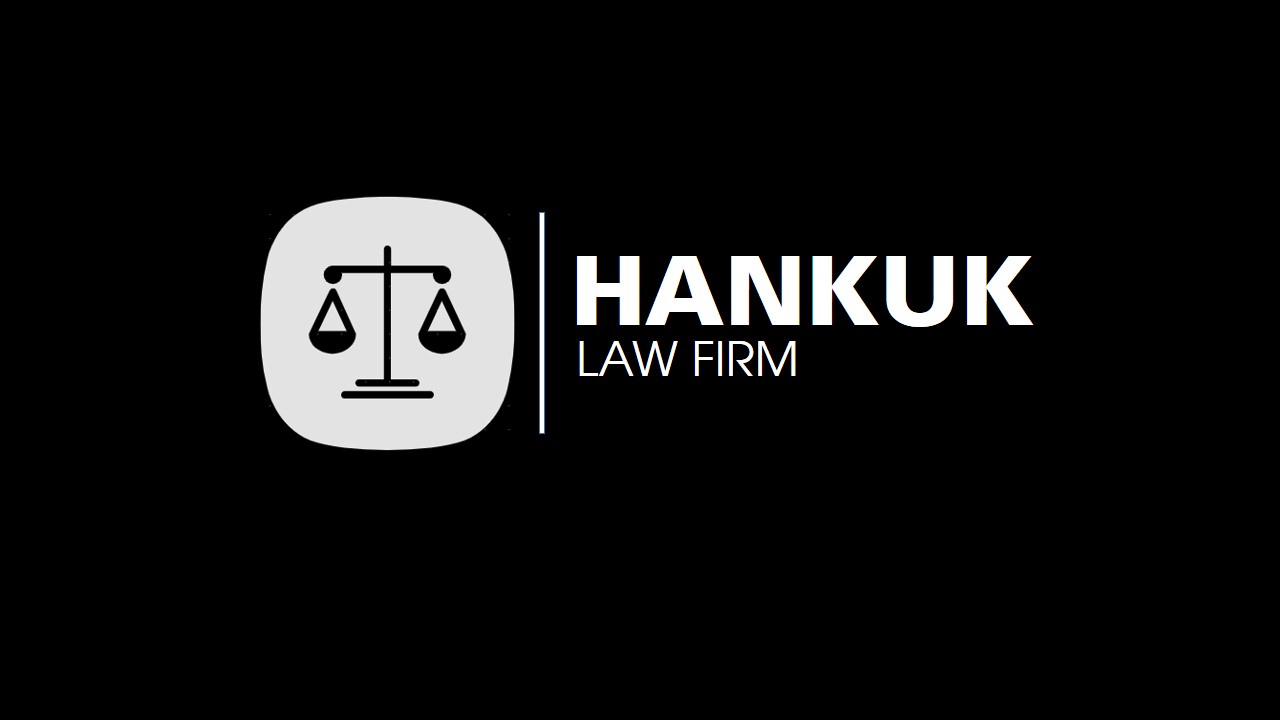DIVORCE WHEN ONE PARTY IS SERVING A PRISON SENTENCE
Contents
I. Legal basis
Vietnamese law does not prohibit divorce when either spouse is serving a prison sentence. This is a fundamental personal right recognized under Article 51 of the 2014 Law on Marriage and Family, which provides: “Husband, wife, or both have the right to request the Court to resolve the divorce.”
This means that, regardless of circumstances — including detention, pre-trial custody, or serving a prison term — a person still retains the right to request or be subject to divorce proceedings.
Additionally, Article 56 of the Law on Marriage and Family sets out the grounds for the Court to grant a divorce upon the request of one party, including:
- Acts of domestic violence;
- Serious violation of the rights and obligations of spouses;
- Irretrievable breakdown of the marital life, with the purposes of marriage unfulfilled.
In practice, a long-term prison sentence often results in prolonged disruption of marital life, loss of mutual support, and detachment between spouses. This constitutes a common ground for the Court to consider granting a divorce.
II. Who may request a divorce in this case
Under the law, either spouse may file a petition for divorce, even if one party is serving a prison sentence.
-
- The spouse not serving a prison sentence
- In practice, the spouse outside the detention facility is typically the one to initiate the divorce petition. Common reasons include prolonged separation, inability to fulfill marital obligations, or arising conflicts and serious violations of marital duties. This spouse must prepare the dossier and follow the procedural requirements strictly.
- The spouse not serving a prison sentence
- The spouse serving a prison sentence
-
- A person who is in custody still has the right to file a divorce petition. In such cases, they must submit the documents either by postal service or through the prison officers to the Court.
- Once the Court accepts the case, the detained person’s testimony may be taken in writing or through a duly authorized lawyer/legal representative.

Pursuant to the Civil Procedure Code, the People’s Court at the district level where the respondent resides or is serving the sentence has jurisdiction. If the incarcerated person is held in a facility in a different province, the petitioner must still file the petition with the Court at the location where the respondent is serving the sentence or at the respondent’s last registered residence before imprisonment (unless there is an agreement otherwise on jurisdiction).
For cases with complex factors (e.g., involving large-scale property disputes or assets located in multiple jurisdictions), the provincial-level People’s Court may be assigned to resolve the matter.
IV. Required documents
The divorce dossier when one party is serving a prison sentence includes:
- Divorce petition (using the Court’s standard form);
- Original marriage certificate;
- Certified copies of the petitioner’s ID card/citizen ID and household registration book;
- Certified copy of the ID card/citizen ID of the incarcerated spouse;
- Certification from the prison where the detained spouse is serving the sentence (clearly stating personal information and duration of imprisonment);
- Children’s birth certificates (if there are any joint children);
- Documents and evidence relating to joint property (if division of property is requested).
The inclusion of the prison certification is a unique requirement compared to standard divorce procedures. It serves as a basis for the Court to verify the respondent’s status and determine the appropriate method for taking testimony.
V. Procedure
- Filing the petition and documents
-
-
- The petitioner submits the dossier directly or by postal service to the competent Court.
- If the petition is filed by the incarcerated spouse, the documents must be submitted via postal service or through prison officers.
-
- Acceptance of the case
-
- Upon receiving a valid dossier, the Court issues a notice for advance payment of court fees.
- The petitioner pays the fees at the Civil Judgment Execution Sub-department and submits the receipt to the Court.
- Verification and taking testimony
- The Court may assign a Judge or judicial officers to visit the prison to obtain testimony.
- If necessary, the Court may conduct a mediation session in writing or via video call (provided the prison facilities allow).
- Trial
- The Court hears the case in session. The incarcerated party may be absent and may authorize a lawyer or legal representative to attend on their behalf.
- If direct participation in the trial is impossible due to special circumstances, the Court may hold the trial in absentia in accordance with Article 227 of the Civil Procedure Code.
VI. Child custody and division of property
- Child custody:
- A spouse serving a prison sentence is generally unable to meet the conditions for directly caring for the child. Therefore, custody is usually granted to the spouse outside prison, provided they meet the requirements regarding financial capacity, housing, and living environment. However, the imprisoned parent’s right of visitation is preserved after the completion of their sentence.
- Division of joint property: The division of property follows general legal principles. If the property is under the control of the incarcerated spouse, the Court may handle it as a separate case or defer resolution until the spouse is able to participate.
VII. Duration and court fees
- Duration: Approximately 4–6 months, depending on the complexity of the case and the process of obtaining testimony from the prison.
- Court fees:
- Divorce without property dispute: VND 300,000;
- Divorce with property dispute: Calculated based on the value of the disputed property in accordance with Resolution 326/2016/UBTVQH14.
VIII. Conclusion
Divorce when one party is serving a prison sentence is a specialized legal procedure that requires complete preparation of documents and coordination between the Court and the detention facility. The petitioner must understand the competent jurisdiction, methods for obtaining testimony, and prepare evidence demonstrating an irretrievable breakdown of the marriage. Engaging a lawyer is essential to ensure the protection of legal rights, especially in cases involving disputes over property or child custody.
IX. About Us, Hankuk Law Firm

■ Hankuk Law Firm – Introduction
The goal of the legal services provided by HANKUK LAW FIRM is to support businesses, investors, and people. Our organization employs skilled Korean lawyers, partners, and professionals to provide legal services to businesses related to corporations and litigation.
To support the startup process, our lawyers and staff provide a wide range of services, including business law consulting, tax and immigration law consulting, real estate services, business consulting, marketing and communications, human resources, product distribution, franchise options, etc. We provide expert advice on every aspect of your business needs.
To protect the legitimate rights and interests of our clients and achieve the best results, we provide legal advice and participate in civil lawsuits related to business, labor, marriage, family, and inheritance.
■ Contact us now

For reliable and effective legal advice, please contact HANKUK LAW FIRM now. We are committed to providing you with the best possible answers and our team of experienced lawyers has extensive knowledge in many legal fields. We are always here to provide the most competent and dedicated support, whether you are dealing with contractual issues, commercial disputes or need guidance on foreign investment. HANKUK LAW FIRM is honored to have assisted hundreds of domestic and international clients in skillfully resolving complex legal issues as their trusted legal partner. Do not let legal issues hinder your success. Let us accompany you towards legal achievement and comfort. For prompt guidance and support to ensure your rights are always maintained at the highest standards, contact HANKUK LAW FIRM now.
■ Contact Hankuk Law Firm:
| Website: http://hankuklawfirm.com/en/
FB: https://www.facebook.com/hankuk.lawfirm Tiktok: https://www.tiktok.com/@hankuklawfirm Youtube: https://www.youtube.com/@hankuklawfirm6375 Email: info@hankuklawfirm.com SĐT: 0942.339.063 |
 |

